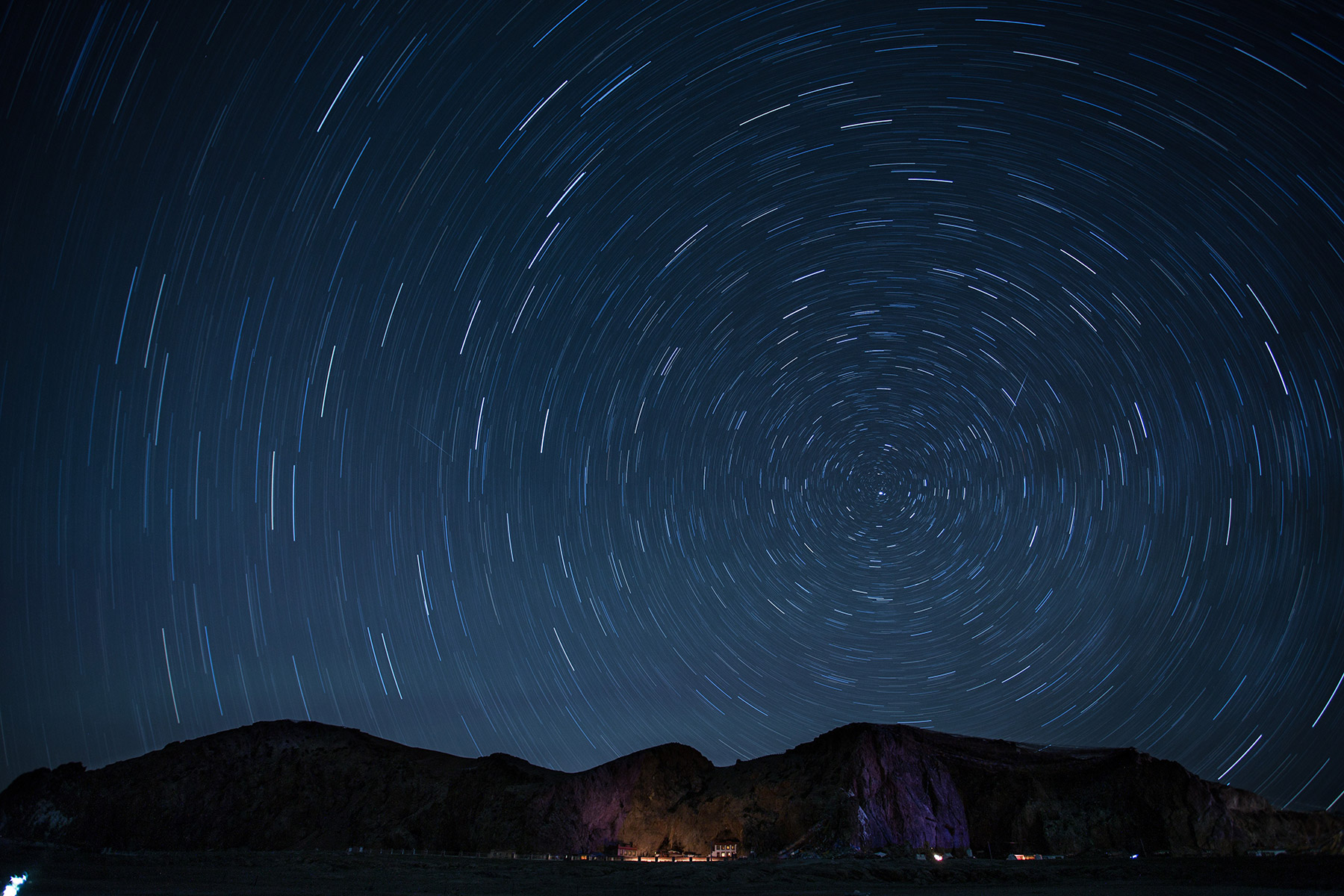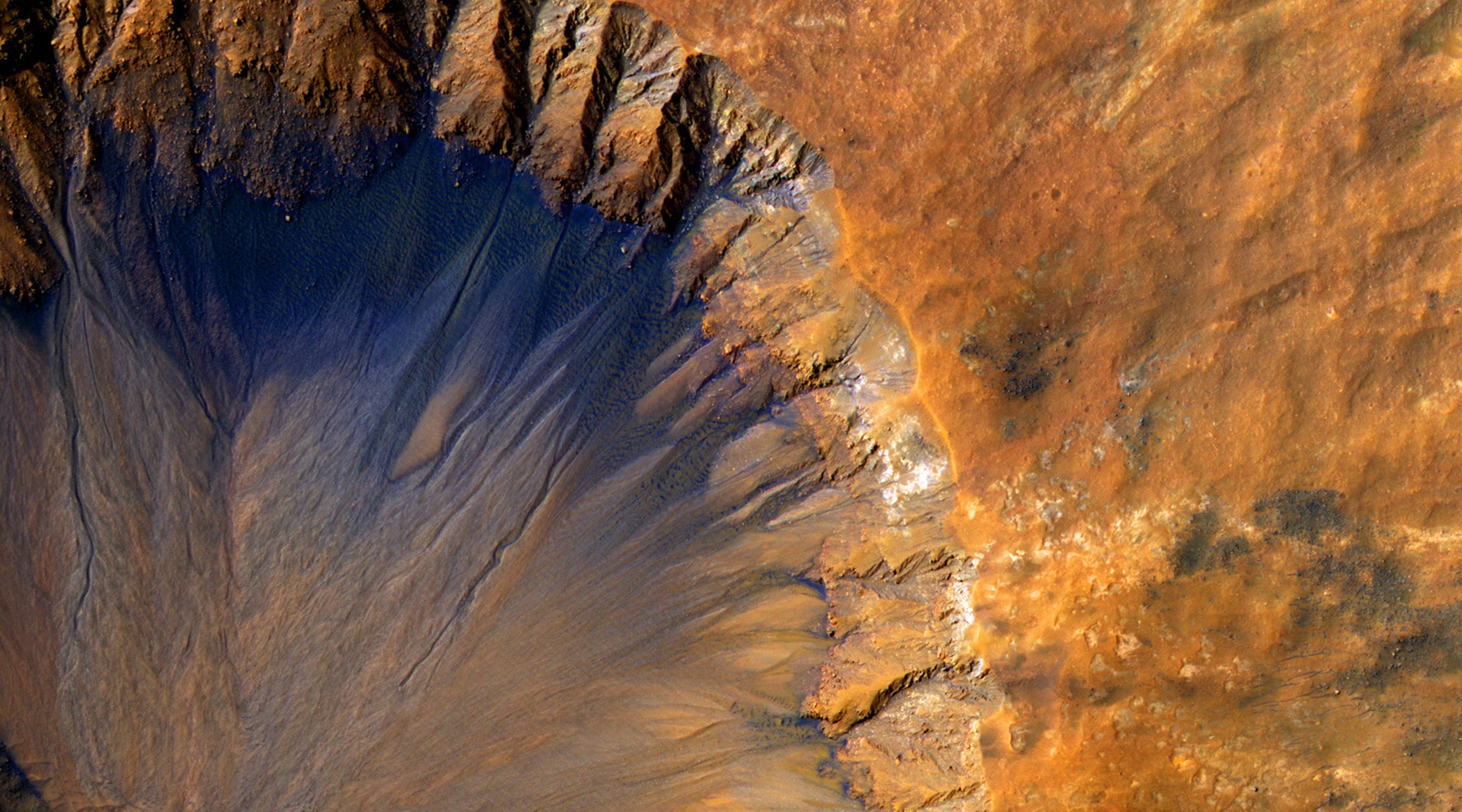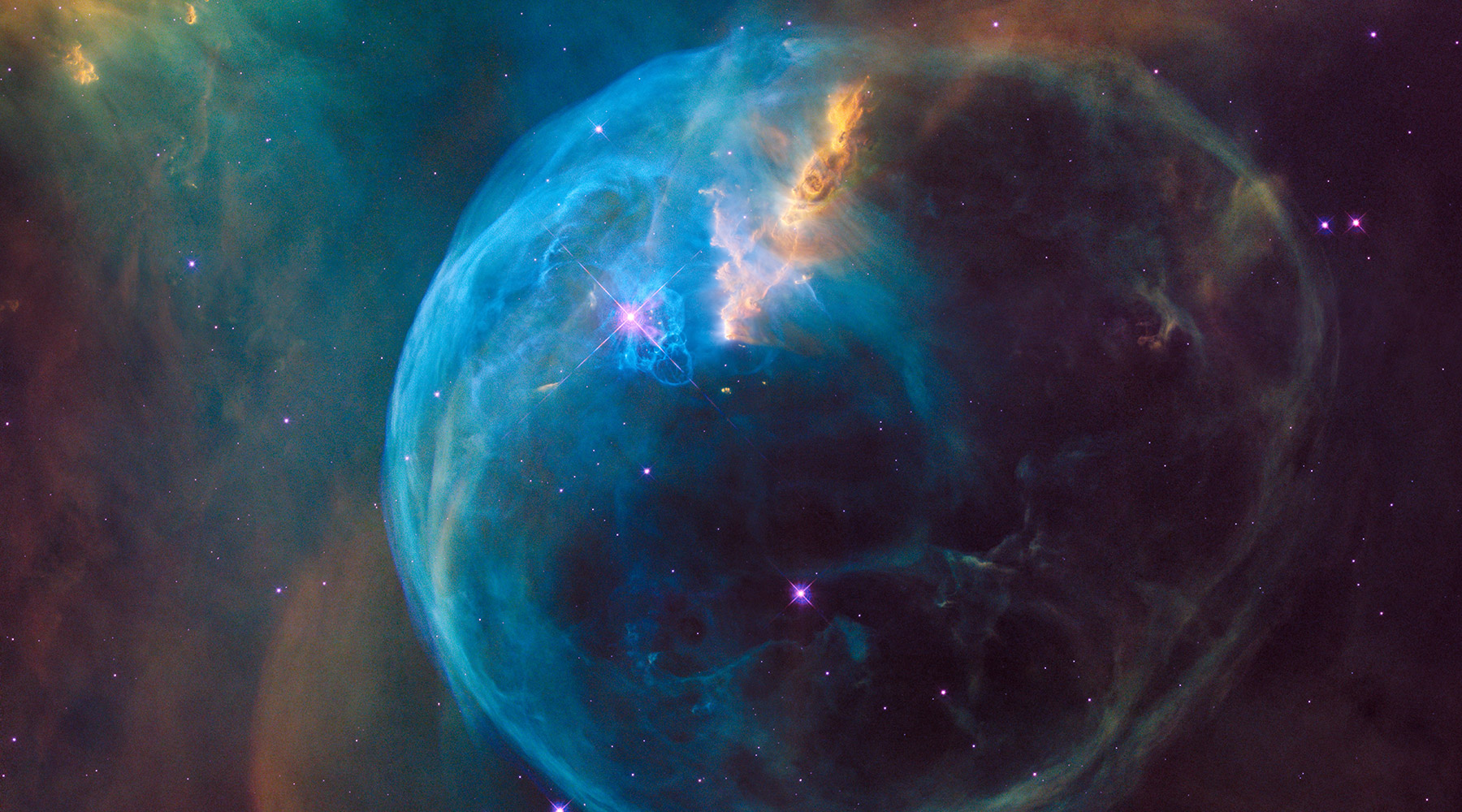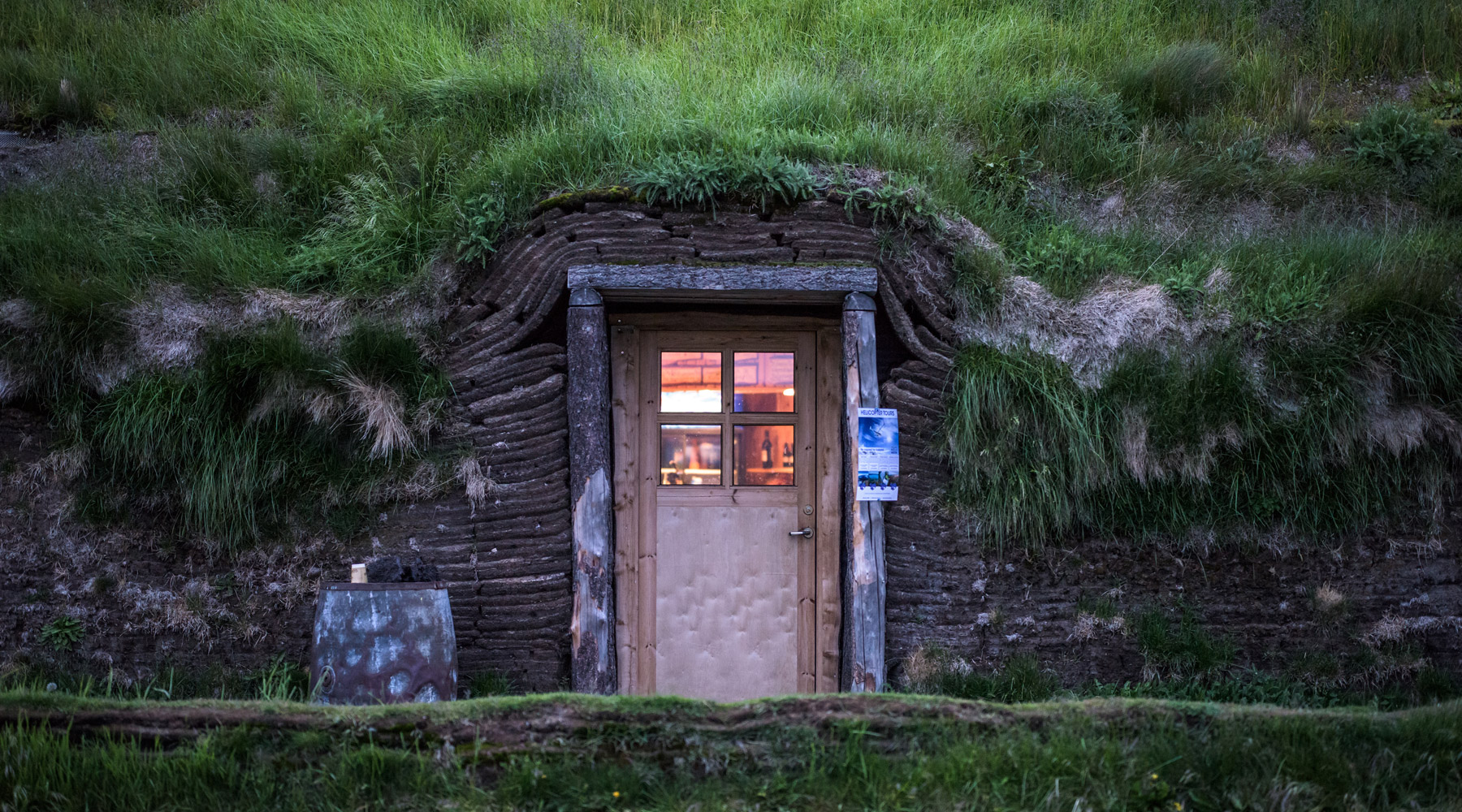
Science
July 12, 2017
Omnilingual
To translate writings, you need a key to the code — and if the last writer of Martian died forty thousand years before the first writer of Earth was born … how could the Martian be translated?
Martha Dane paused, looking up at the purple-tinged copper sky. The wind had shifted since noon, while she had been inside, and the dust storm that was sweeping the high deserts to the east was now blowing out over Syrtis. The sun, magnified by the haze, was a gorgeous magenta ball, as large as the sun of Terra, at which she could look directly. Tonight, some of that dust would come sifting down from the upper atmosphere to add another film to what had been burying the city for the last fifty thousand years. Continue reading “Omnilingual”
Read MoreJuly 11, 2017
The Windows of Absolute Night
To most minds mystery is more fascinating than science. But when science itself leads straight up to the borders of mystery and there comes to a dead stop, saying, “At present I can no longer see my way,” the force of the charm is redoubled.
On the other hand, the illimitable is no less potent in mystery than the invisible, whence the dramatic effect of Keats’ “stout Cortez” staring at the boundless Pacific while all his men look at each other with a wild surmise, “silent upon a peak in Darien.” It is with similar feelings that the astronomer regards certain places where from the peaks of the universe his vision seems to range out into endless empty space. He sees there the shore of his little isthmus, and, beyond, unexplored immensity.

The name, “coal-sacks,” given to these strange voids is hardly descriptive. Rather they produce upon the mind the effect of blank windows in a lonely house on a pitch-dark night, which, when looked at from the brilliant interior, become appalling in their rayless murk. Infinity seems to acquire a new meaning in the presence of these black openings in the sky, for as one continues to gaze it loses its purely metaphysical quality and becomes a kind of entity, like the ocean. The observer is conscious that he can actually see the beginning of its ebon depths, in which the visible universe appears to float like an enchanted island, resplendent within with lights and life and gorgeous spectacles, and encircled with screens of crowded stars, but with its dazzling vistas ending at the fathomless sea of pure darkness which encloses all. Continue reading “The Windows of Absolute Night”
Read MoreJuly 11, 2017
The Door In The Wall
One confidential evening, not three months ago, Lionel Wallace told me this story of the Door in the Wall. And at the time I thought that so far as he was concerned it was a true story.
He told it me with such a direct simplicity of conviction that I could not do otherwise than believe in him. But in the morning, in my own flat, I woke to a different atmosphere, and as I lay in bed and recalled the things he had told me, stripped of the glamour of his earnest slow voice, denuded of the focussed shaded table light, the shadowy atmosphere that wrapped about him and the pleasant bright things, the dessert and glasses and napery of the dinner we had shared, making them for the time a bright little world quite cut off from every-day realities, I saw it all as frankly incredible. “He was mystifying!” I said, and then: “How well he did it!. . . . . It isn’t quite the thing I should have expected him, of all people, to do well.”
Afterwards, as I sat up in bed and sipped my morning tea, I found myself trying to account for the flavour of reality that perplexed me in his impossible reminiscences, by supposing they did in some way suggest, present, convey—I hardly know which word to use—experiences it was otherwise impossible to tell. Continue reading “The Door In The Wall”
Read More



